Licorice Root Side Effects: 8 Ways It May Harm Your Health
Even this healthy ingredient in excess can be unhealthy and harmful for you.

Image: ShutterStock
Several side effects of licorice root extract may make you think twice about using it. Candy and beverages often contain licorice root extract. However, excess consumption may lead to health problems. Several studies have shown that overconsuming licorice can cause elevated blood pressure levels and headaches.
Knowing more about the licorice root side effects is important to avoid undesirable effects. Moreover, it may not be suitable for all. This article examines the side effects of licorice root extract, its safety, and any potential drug interactions. Take a look below.
 Know Your Ingredient: Licorice Root
Know Your Ingredient: Licorice RootShort-Term Effects
High blood pressure, headache, diarrhea, constipation, vomiting, fatigue, dizziness, and allergic reactions such as asthma.
Long-Term Effects
May cause hormonal imbalance, harm the baby during pregnancy and lead to miscarriage.
Drug Interactions
It may interfere with certain medications, especially blood thinners.
When To See A Doctor
If you experience hypertension, excessive stomach issues, and allergic reactions, seek medical help.
In This Article
What Are The Side Effects Of Licorice Root Extract?
1. May Elevate Blood Pressure Levels

There are several studies to back this up. Some reports recommend individuals with high blood pressure to avoid licorice root extract altogether.
It is often linked to salt and fluid retention as it suppresses aldosterone – which is a hormone responsible for controlling sodium levels in the body. One study stated that licorice tea caused hypertension in patients, and quitting it resolved the condition in two weeks (1).
Licorice was also identified as a root cause of secondary hypertension. The root contains glycyrrhizic acid, which contributes to its pro-hypertensive properties (2).
According to a study on 985 patients that included 26 trials, the increase in diastolic blood pressure (DBP) that followed was statistically significant. It also confirmed that consumption significantly lowers body weight in patients by 0.433 kg; 95% CI, which in turn lowers their body mass index (BMI).Another finding for the group that consumed licorice is connected to the hypernatremia that licorice is well known to produce.
2. Might Cause Constipation

Excess amounts of licorice root extract can lead to hypokalemia (low levels of potassium), with constipation being one of its symptoms (3), (4).
The onset and severity of the symptom usually depend on the dose and duration of licorice intake (3).
It is believed that licorice may cause diarrhea or aggravate irritable bowel syndrome in some individuals. However, there is no sufficient information to prove this effect. If you have any bowel issues, please check with your doctor before consuming licorice (as there is a possibility that you may react to it negatively).
 Did You Know?
Did You Know?3. May Lead To Headaches

The glycyrrhizin is the culprit. It is known to trigger headaches. A Massachusetts study found that excessive consumption of the extract could lead to the constriction and dilation of cerebral arteries, often leading to thunderclap headaches (5).
In rare cases, it is complicated by hemorrhagic strokesi Strokes that damage the brain and cause neurological symptoms when a blood vessel bursts and causes bleeding inside the brain. (5). Though the condition is reversible, the symptoms can be severe.
4. May Lead To Dizziness And Fatigue
A study published in the Journal of Clinical Neurology and Neurosurgery reported the development of hypertensive encephalopathyi A condition where brain function is compromised due to elevated blood pressure, causing headaches, nausea, and vomiting. in a 15-year-old boy after ingestion of a candy containing licorice (6).
This form of hypertension is accompanied by vomiting, dizziness, headaches, and visual problems (7).
Licorice may also cause apparent mineralocorticoid excess, another condition characterized by hypertension. The symptoms of this condition include dizziness, headaches, and general and muscular fatigue (8).
5. May Cause Hormonal Imbalances
Mice studies have shown that isoliquiritigenin, a compound in licorice, may cause Hormonal Imbalance by interfering with the sex hormones in the ovaries. It may disrupt the production of sex hormones (9).
One major reported side effect of licorice root is reduced levels of testosterone in men (10). Some believe it may also increase estrogen and prolactin levels in women, though more research is warranted.
6. May Harm Baby During Pregnancy
Studies show that licorice consumption during pregnancy may harm the developing offspring (11).
Adolescents exposed to large amounts of licorice when in the womb performed less well in cognitive tests (11).
The glycyrrhizin in licorice was also found to be associated with preterm delivery. Hence, pregnant women are suggested to stay away from licorice (12). Some experts believe that licorice can induce preterm labor by mimicking the effects of estrogen (the female sex hormone). However, we need more research in this regard.
Licorice is also believed to cause miscarriage. There is no evidence to support this information, though.
The effect of licorice in breastfeeding women has not been studied well. Hence, breastfeeding women should avoid it.
7. May Cause Allergic Reactions

Excess licorice intake has been associated with allergies like asthma and contact dermatitisi An allergic reaction caused by contact with something that causes inflammation in the skin, including irritants like soap or fragrances. (13). It may also interfere with blood-thinning medications like warfarin (13).
Anecdotal evidence suggests that those allergic to peas or legumes may also be allergic to licorice. Studies suggest that excess licorice consumption may lead to kidney damage and acute renal failure (14). However, research is limited to support this data.
8. May Cause Irregular Heartbeat
Licorice root contains glycyrrhizic acid, which can affect the body in various ways. Glycyrrhizic acid can lead to an increase in the level of cortisol, a hormone that regulates various bodily functions, including the cardiovascular system (15). Elevated cortisol levels can cause an imbalance in electrolytes, such as potassium and sodium, which are crucial for the proper functioning of the heart’s electrical system (16). Excessive consumption of licorice may lead to this imbalance, which may cause irregular heartbeat (also known as arrhythmia). Consult a healthcare professional to address any specific concerns about licorice consumption and its impact on your heart health.
 Did You Know?
Did You Know?Key Takeaways
- Licorice root extract may lead to increased blood pressure and constipation.
- This root may disrupt sex hormone production in women and cause reduced testosterone in men, leading to hormonal imbalances.
- Consuming licorice root during pregnancy can lead to preterm delivery and possibly even miscarriage.
- Overconsumption of licorice can lead to allergic reactions and interfere with certain medications.
- Consult a doctor before ingesting licorice as the safe upper limit is not well known.
How Much Licorice Root (in mg) Is Safe?
The actual dosage of licorice could be hard to determine as it is available in various forms, including candies, supplements, and beverages. As per the European Union, 100 mg/day is the upper limit for the intake of glycyrrhizin, which is present in about 70 grams of licorice (13).
Another study has declared the safe upper limit of licorice to be 1 to 5 grams per day (13).
Given the ambiguity, you should consult your doctor regarding licorice dosage.
Infographic: Licorice Fun Facts
While the consumption of licorice above a certain dosage could bring about the various side effects listed above, it has been used since ancient times for its medicinal value as well. It is also known by different names in various parts of the world. To know more such facts about licorice and its usage, click on the infographic below.
Some thing wrong with infographic shortcode. please verify shortcode syntax
Despite the risks, licorice root benefits are well documented as it is commonly used in beverages and confectionery. Licorice root extract may prove to be harmful if consumed in excessive amounts. There have been many studies demonstrating the adverse effects of its excessive consumption. The side effects of licorice root range from increased blood sugar levels to hormone imbalances. Furthermore, it may cause constipation, headaches, or dizziness. In some cases, licorice root may trigger allergic reactions or interfere with the functioning of certain medications, especially blood thinners. Avoid such complications by limiting your intake or abstaining from it altogether.
Frequently Asked Questions
What are the potential long-term effects of consuming licorice root?
Excessive licorice root consumption may lead to health problems like hypertension and hormonal imbalances. However, more research is warranted in this area. If you have any underlying health conditions or are taking medications, consult a healthcare professional before consuming licorice root.
Does licorice cause weight gain?
There is no information that licorice may cause weight gain. In fact, some research states that it may help slow down weight gain. The effects were more pronounced with licorice root powder (15).
It is believed that licorice may affect the hormones related to metabolism, and this may lead to unhealthy weight gain. However, there is no research to support this.
Does licorice damage the liver?
Anecdotal evidence suggests that individuals with liver disease must stay away from licorice. There is no research to back this up. In fact, one rat study states that licorice could actually be beneficial for the liver (16).
What medications should not be taken with licorice?
According to anecdotal evidence, avoid taking licorice with diuretics, digoxin, and laxatives, as it may interfere with their functions.
How long does licorice root stay in your system?
Glycyrrhizin, the active ingredient of licorice root, is usually eliminated within 11 hours of ingestion (17).
Who should avoid black licorice?
According to anecdotal evidence, avoid taking excess black licorice if you face heart rhythm troubles or have high blood pressure.
Is licorice a laxative?
Yes, licorice acts as a laxative and relieves constipation. Hence, avoid consuming it if you take other laxatives.
Can licorice affect potassium levels?
Yes, excess licorice consumption may result in low potassium levels (Hypokalemia), which may lead to muscle weakness (18), (19).
Illustration: Licorice Root Side Effects: 7 Ways It May Harm Your Health
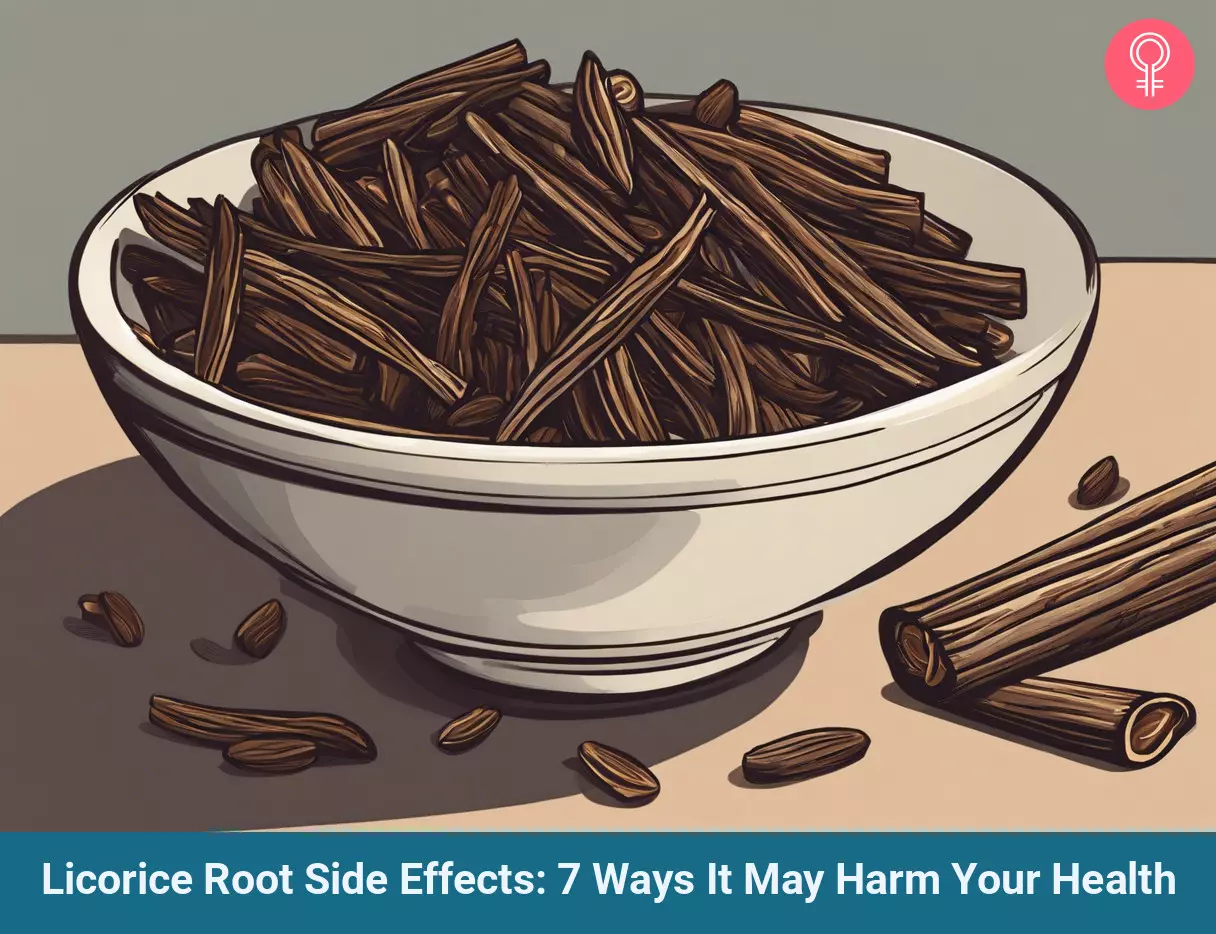
Image: Stable Diffusion/StyleCraze Design Team
References
Articles on StyleCraze are backed by verified information from peer-reviewed and academic research papers, reputed organizations, research institutions, and medical associations to ensure accuracy and relevance. Read our editorial policy to learn more.
- Hypertension induced by liquorice tea, BMJ Case Reports, US National Library of Medicine, National Institutes of Health.
https://www.ncbi.nlm.nih.gov/pmc/articles/PMC4480140/ - Liquorice: a root cause of secondary hypertension, Journal of the Royal Society of Medicine, US National Library of Medicine, National Institutes of Health.
https://www.ncbi.nlm.nih.gov/pmc/articles/PMC5298563/ - Licorice-induced hypokalemia, International Journal of Cardiology, US National Library of Medicine, National Institutes of Health.
https://pubmed.ncbi.nlm.nih.gov/17320224/ - Hypokalemia: a clinical update, Endocrine Connections, US National Library of Medicine, National Institutes of Health.
https://www.ncbi.nlm.nih.gov/pmc/articles/PMC5881435/ - LICORICE-ASSOCIATED REVERSIBLE CEREBRAL VASOCONSTRICTION WITH PRES, Neurology, US National Library of Medicine, National Institutes of Health.
https://www.ncbi.nlm.nih.gov/pmc/articles/PMC2995386/ - Hypertension encephalopathy after liquorice ingestion, Clinical Neurology and Neurosurgery, ScienceDirect.
https://www.sciencedirect.com/science/article/abs/pii/030384679390089Y - Hypertensive Encephalopathy, Iranian Journal of Child Neurology, US National Library of Medicine, National Institutes of Health.
https://www.ncbi.nlm.nih.gov/pmc/articles/PMC3943026/ - THE HIDDEN LIQUORICE: APPARENT MINERALOCORTICOID EXCESS CAUSED BY
INADVERTENT EXPOSURE TO LIQUORICE ROOT EXTRACT, AACE Clinical Case Reports.
https://journals.aace.com/doi/pdf/10.4158/EP14556.CR - Effects of isoliquiritigenin on ovarian antral follicle growth and steroidogenesis, Reproductive Toxicology, US National Library of Medicine, National Institutes of Health.
https://www.ncbi.nlm.nih.gov/pmc/articles/PMC5125911/ - Licorice consumption and serum testosterone in healthy man, Experimental and clinical endocrinology & diabetes, US National Library of Medicine, National Institutes of Health.
https://pubmed.ncbi.nlm.nih.gov/14520600/ - Maternal Licorice Consumption During Pregnancy and Pubertal, Cognitive, and Psychiatric Outcomes in Children, American Journal of Epidemiology, Oxford Academic Journals.
https://academic.oup.com/aje/article/185/5/317/2967089 - Preterm birth and licorice consumption during pregnancy, American Journal of Epidemiology, US National Library of Medicine, National Institutes of Health.
https://pubmed.ncbi.nlm.nih.gov/12396997/ - Licorice abuse: time to send a warning message, Endocrinology and Metabolism, US National Library of Medicine, National Institutes of Health.
https://www.ncbi.nlm.nih.gov/pmc/articles/PMC3498851/ - Acute renal failure after licorice ingestion: A case report, Open Medicine, ResearchGate
https://www.researchgate.net/publication/226928509_Acute_renal_failure_after_licorice_ingestion_A_case_report#:~:text=In%20high%20doses%20and%20long,failure%20%5B36%2C%2037%5D. - Glycyrrhiza glabra (Licorice)
https://www.ncbi.nlm.nih.gov/pmc/articles/PMC7348626/ - Bioactive Candy: Effects of Licorice on the Cardiovascular System
https://www.ncbi.nlm.nih.gov/pmc/articles/PMC6836258/ - Dietary licorice root supplementation improves diet-induced weight gain, lipid deposition and hepatic steatosis in ovariectomized mice without stimulating reproductive tissues and mammary gland, Molecular nutrition & food research, US National Library of Medicine, National Institutes of Health.
https://www.ncbi.nlm.nih.gov/pmc/articles/PMC4738101/ - Hepatoprotective and Antioxidant Effects of Licorice Extract against CCl4-Induced Oxidative Damage in Rats, International Journal of Molecular Sciences.
https://citeseerx.ist.psu.edu/viewdoc/download?doi=10.1.1.288.5533&&rep=rep1&&type=pdf - Pharmacokinetics of intravenous glycyrrhizin after single and multiple doses in patients with chronic hepatitis C infection
https://repub.eur.nl/pub/73160 - Trick or Treat? Licorice-Induced Hypokalemia: A Case Report
https://www.ncbi.nlm.nih.gov/pmc/articles/PMC7769495/ - A hypokalemic muscular weakness after licorice ingestion: a case report
https://www.ncbi.nlm.nih.gov/pmc/articles/PMC2827066/
Read full bio of Julie Freeman
Read full bio of Ravi Teja Tadimalla
Read full bio of Arshiya Syeda
Read full bio of Aparna Mallampalli






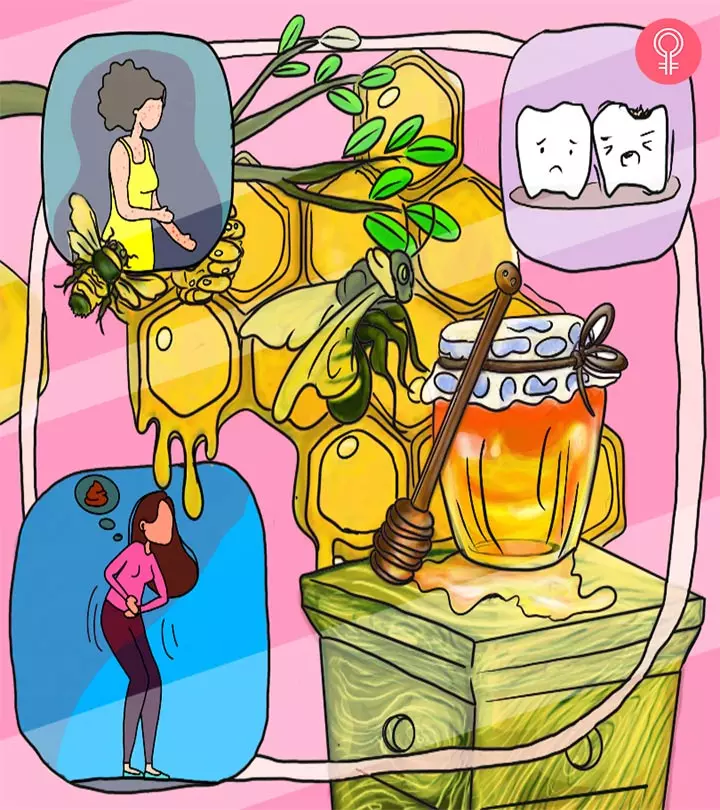
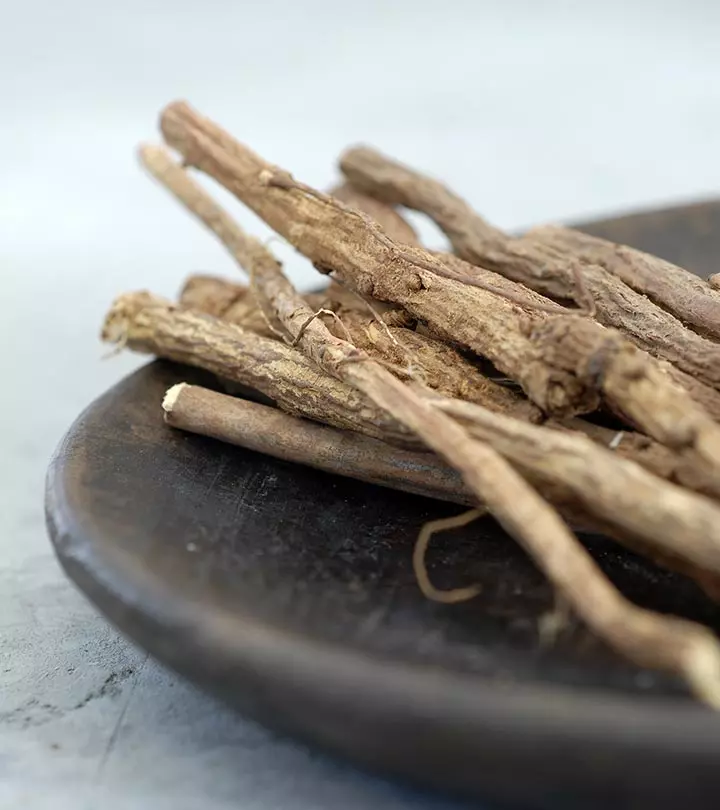
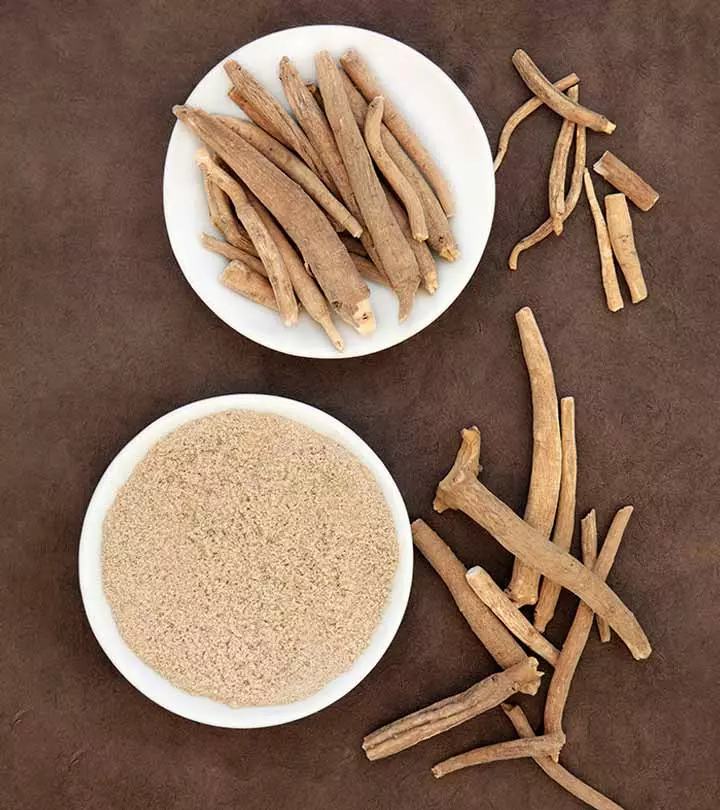
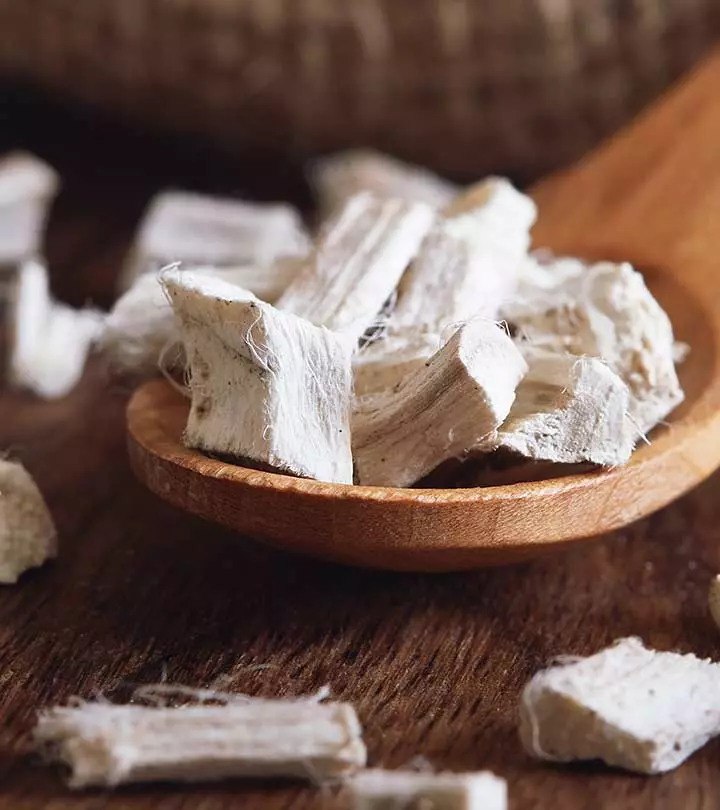
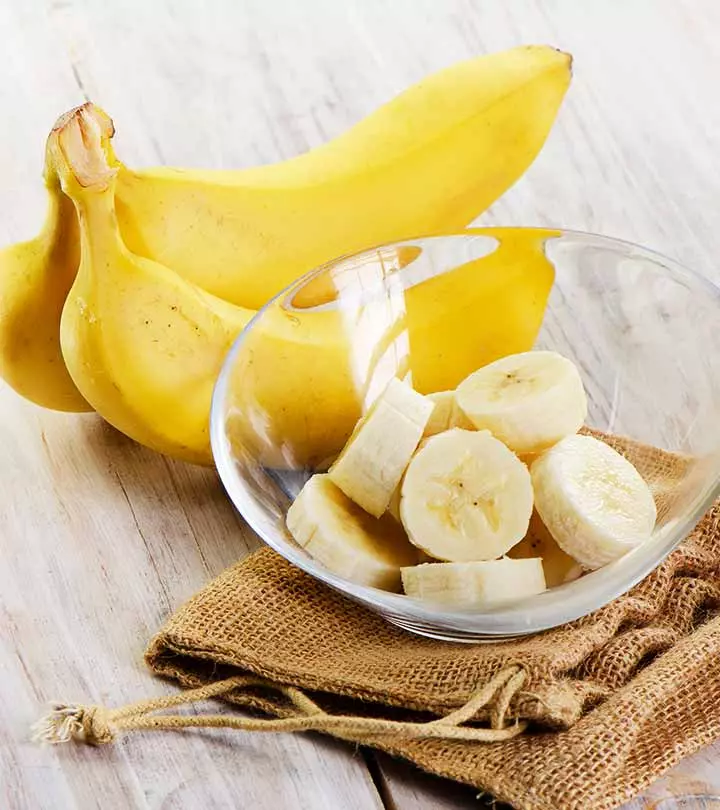
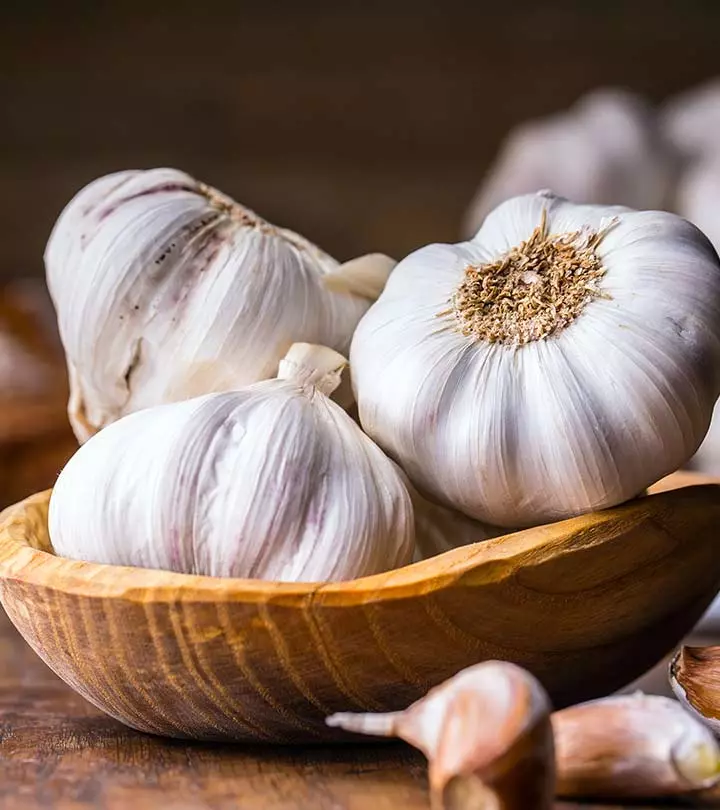
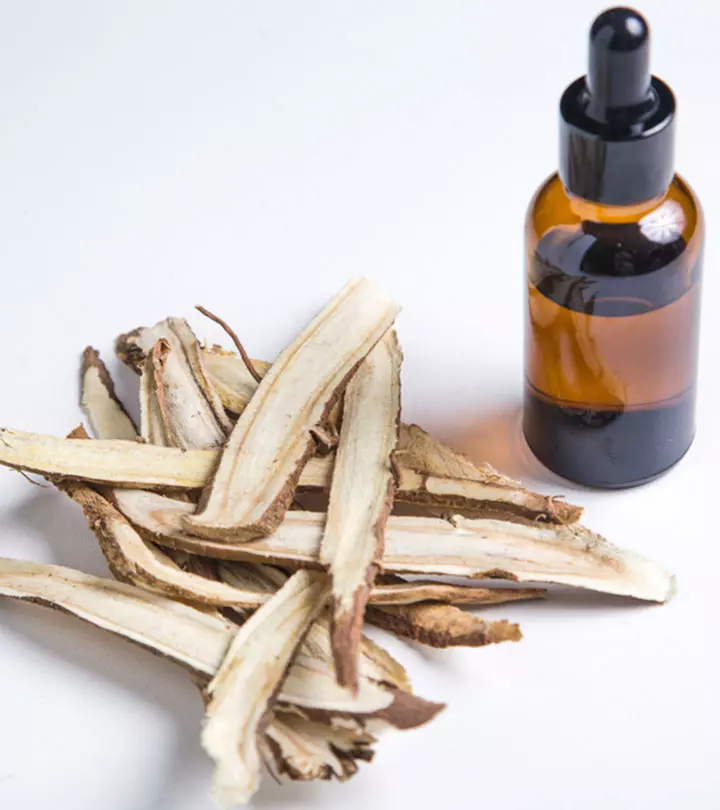


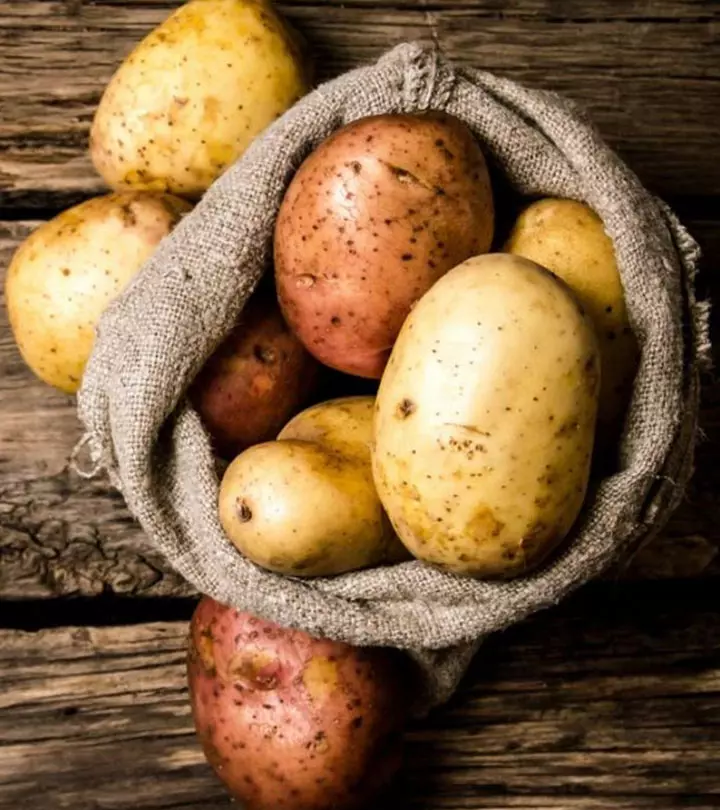
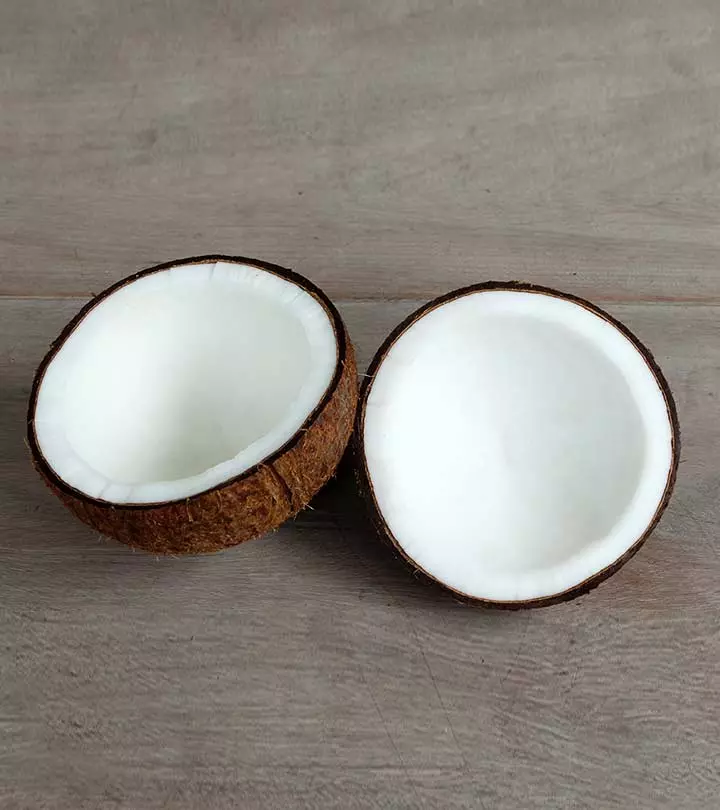
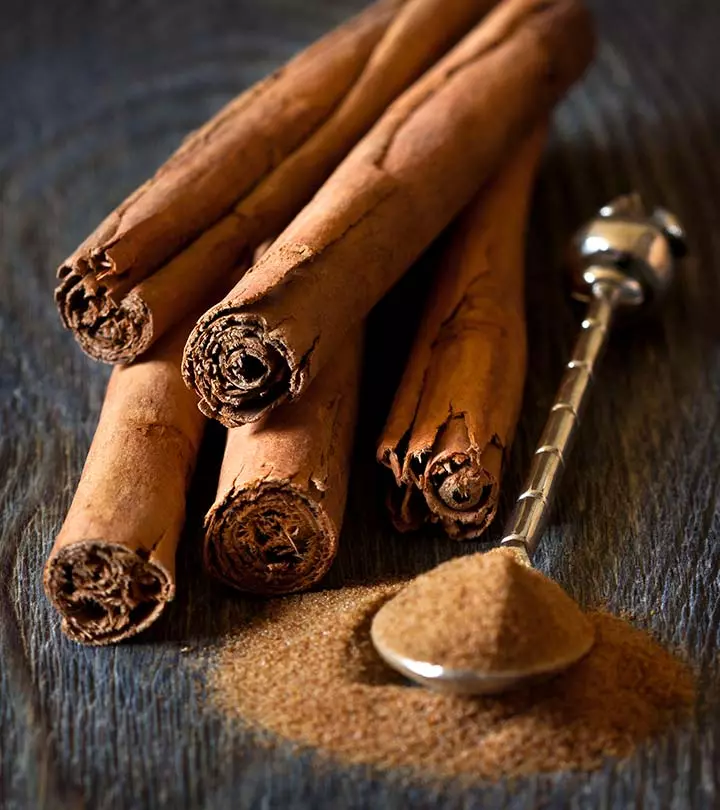

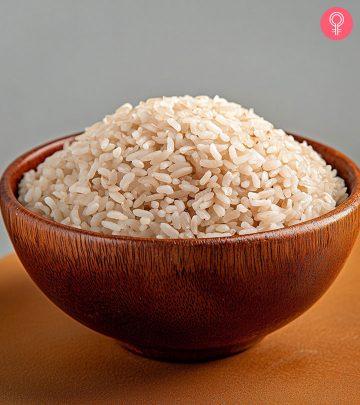


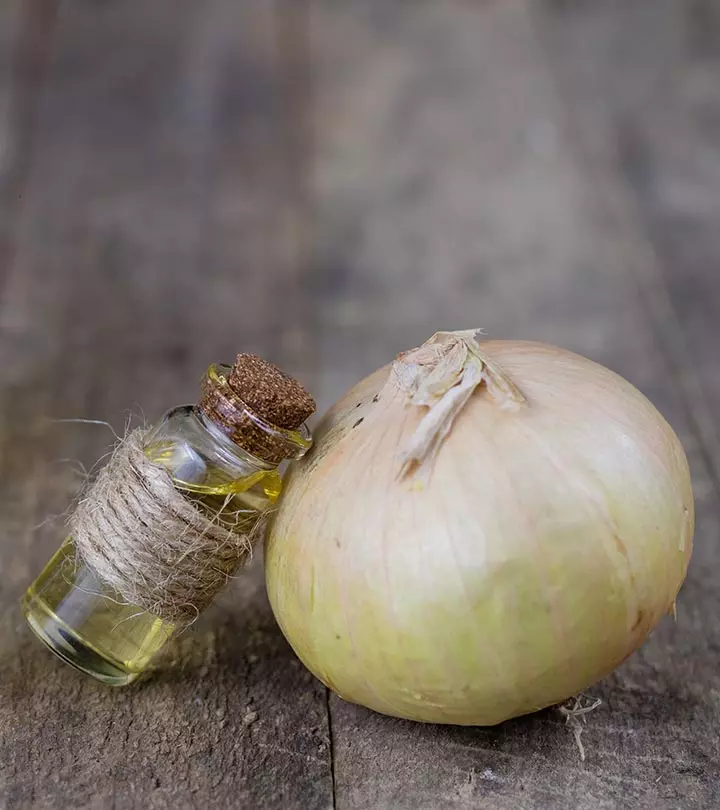

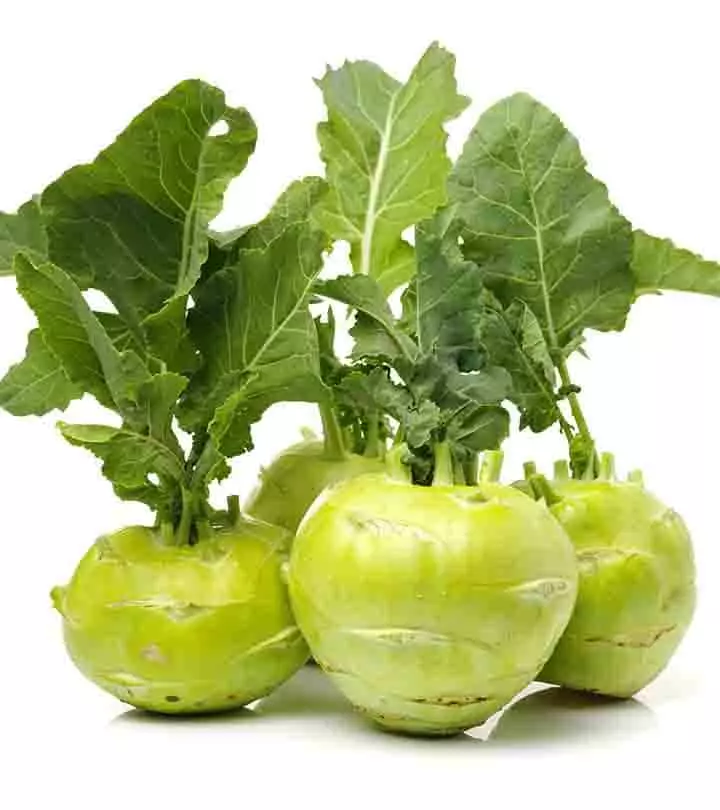
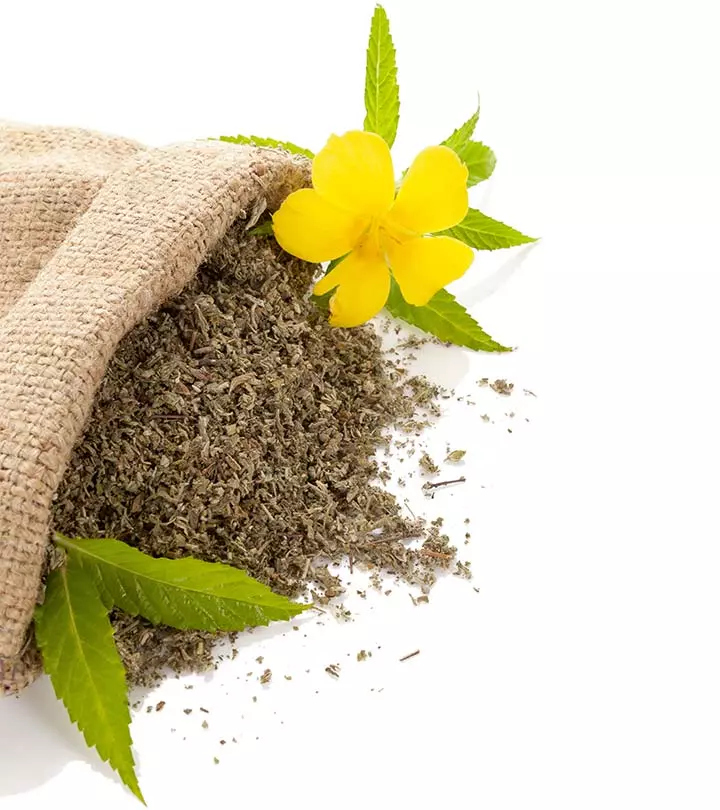
Community Experiences
Join the conversation and become a part of our empowering community! Share your stories, experiences, and insights to connect with other beauty, lifestyle, and health enthusiasts.